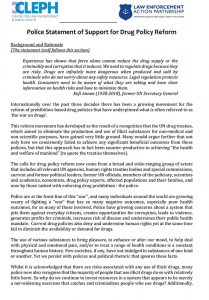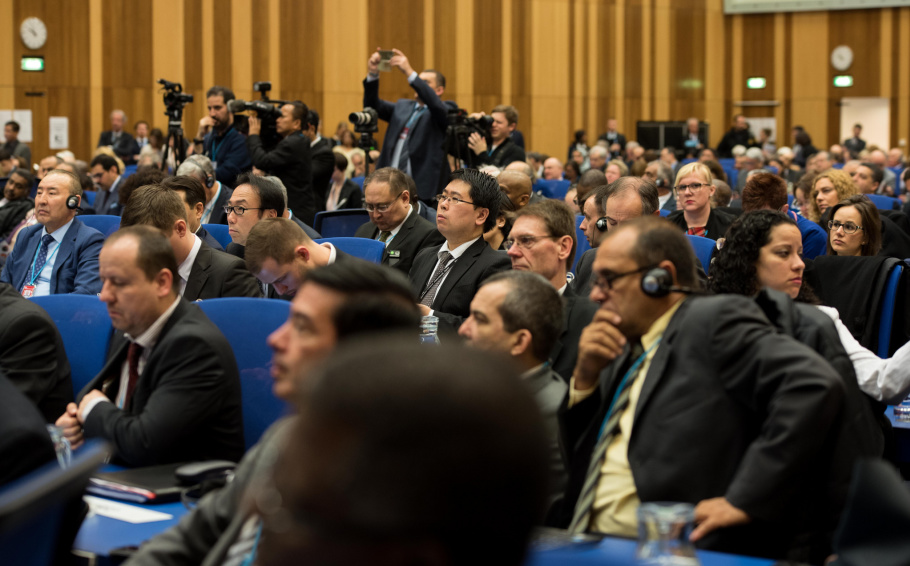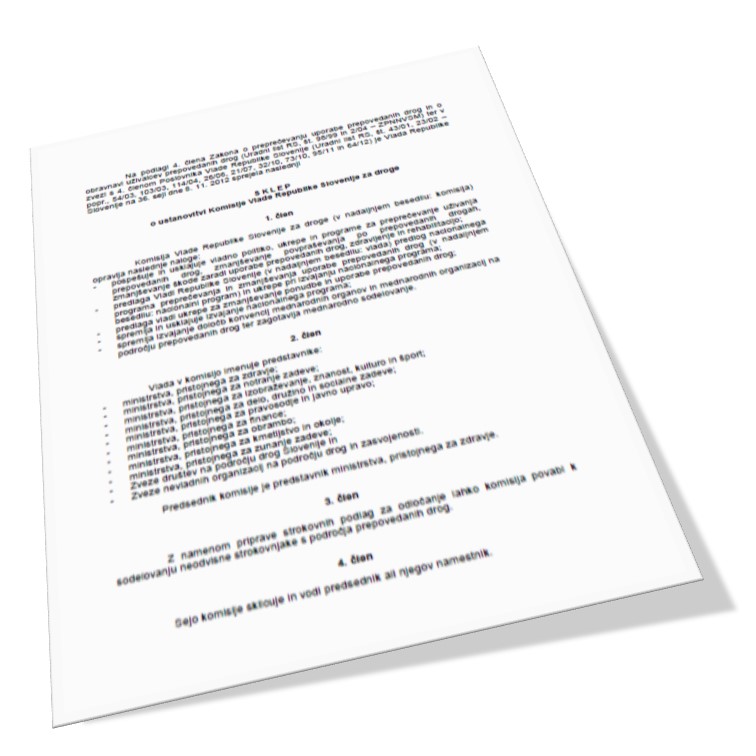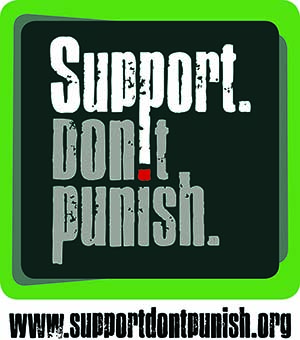The EU DG Home Commissioner Ylva Johansson and her Belgian colleague Annelies Verlinden issued a statement regarding organised drug crime as threatening as terrorism, in which they emphasized a conservative and stigmatising approach to drug use. Their stament is quoted in the news here>>>.
 The European Network of People who Use Drugs issued the following statement:
The European Network of People who Use Drugs issued the following statement:
EuroNPUD was shocked to see the outdated and off-policy statements of EU Home Affairs Commissioner Ylva Johansson and Annelies Verlinden Belgium’s Minister for the Interior during a visit to Antwerp Docks holding people who use drugs responsible for violence committed by organised crime. It is extremely unfortunate that EU Home Affairs Commissioner, Ylva Johanson is not only using such outdated and stigmatizing language but also promoting the outdated vision of a drug free world.
It is deeply concerning to hear such closed thinking from European leaders when across Europe we are seeing an increasingly pragmatic and reflective approach to drug policy reform, including initiatives on medicinal cannabis, the legal regulation of cannabis for adult use, psychedelic drugs and healing, and enhanced harm reduction such as drug consumption rooms, drug checking and heroin assisted treatment.
Commissioner Johansson’s statement are also contrary to the EU’s very own Drug Strategy 2021-2025, which calls for EU action to reduce stigma against people who use drugs, and promotes increased and balanced investment in a broad range of demand and harm reduction services, discarding old-fashioned emphasis on prevention.
All UN agencies signed up to the UN Common Position on Drugs, which “reiterates the strong commitment of the United Nations system to supporting Member States in developing and implementing truly balanced, comprehensive, integrated, evidence-based, human rights-based, development-oriented and sustainable responses to the world drug problem.” The Common Position supports the adoption of decriminalisation to create an enabling legal environment for harm reduction and drug treatment. “Importantly, some countries have decriminalized various forms of drug use, aiming to ensure treatment and services without any fear and intimidation and to remove stigma.” (Michelle Bachelet, UN High Commissioner for Human Rights).
Legal regulation is being successfully implemented in different settings with cannabis, and is considered by many experts as the most appropriate response to reduce the violence associated to illegal economies such as drug trafficking. Decriminalisation remains the major call for drug law reform as a sensible chance to end the human rights violations and racial injustice that are central to drug control and create the space for dialogue and change. EuroNPUD calls for the legal regulated control of all mind-altering substances and we understand this journey will take place incrementally.
Calling for a focus “prevention and addiction free society” is populist propaganda. Blaming those criminalised by drug control for the failings of prohibition is laughable given our current understanding of the poisoned roots of drug control. We now understand from US President Nixon’s advisor, John Ehrlichman, that drug control was introduced as an intentional tool of social control and racial injustice. It was readily adopted in Europe as it resonated with the continent’s imperial history.
When drug policy remains an area of such evolving and developing policy and practice, it is extremely worrying to hear key European leaders demonstrating such closed and outdated thinking. This is a time for reflection and change. Europe deserves leaders able to engage in such forward-looking conversations.
Dozens of civil society organisations, including DPNSEE and our member organisations, supported this statement.


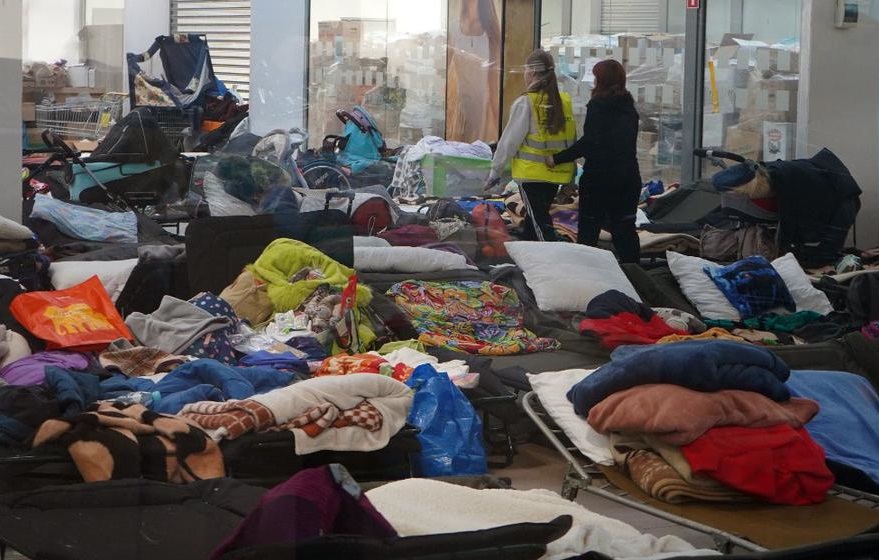
 To read full Statement,
To read full Statement, 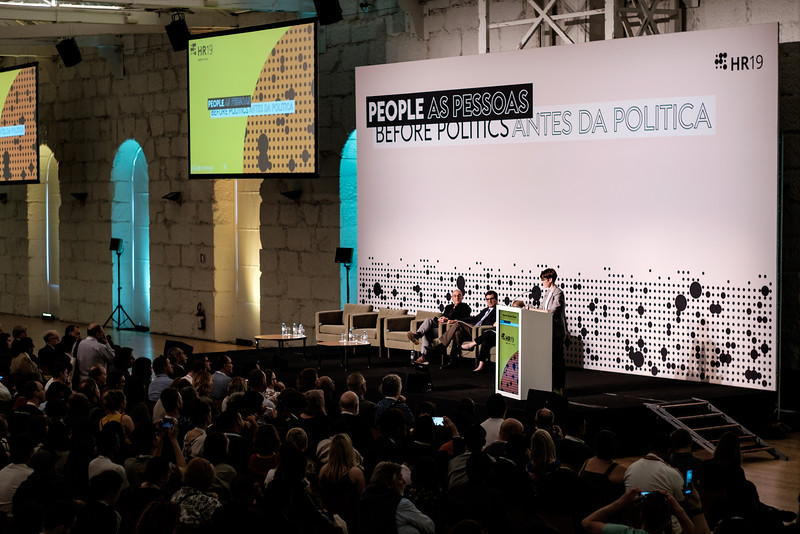
 Naomi Burke-Shyne, Executive Director of Harm Reduction International (HRI), said: ‘The evidence for harm reduction is indisputable. It is nothing short of disgraceful that governments continue to fail to support and invest in health services for some of the most marginalised people’.
Naomi Burke-Shyne, Executive Director of Harm Reduction International (HRI), said: ‘The evidence for harm reduction is indisputable. It is nothing short of disgraceful that governments continue to fail to support and invest in health services for some of the most marginalised people’. Ann Fordham, Executive Director of the International Drug Policy Consortium (IDPC), stated: ‘just over ten years left for countries to meet their global commitment to champion health, reduce inequalities, and provide access to justice for all, as enshrined in the UN’s Sustainable Development Goals, there has never been a more urgent need to strengthen political leadership at all levels. Faced with the current crisis, complacency can no longer be tolerated’.
Ann Fordham, Executive Director of the International Drug Policy Consortium (IDPC), stated: ‘just over ten years left for countries to meet their global commitment to champion health, reduce inequalities, and provide access to justice for all, as enshrined in the UN’s Sustainable Development Goals, there has never been a more urgent need to strengthen political leadership at all levels. Faced with the current crisis, complacency can no longer be tolerated’.

